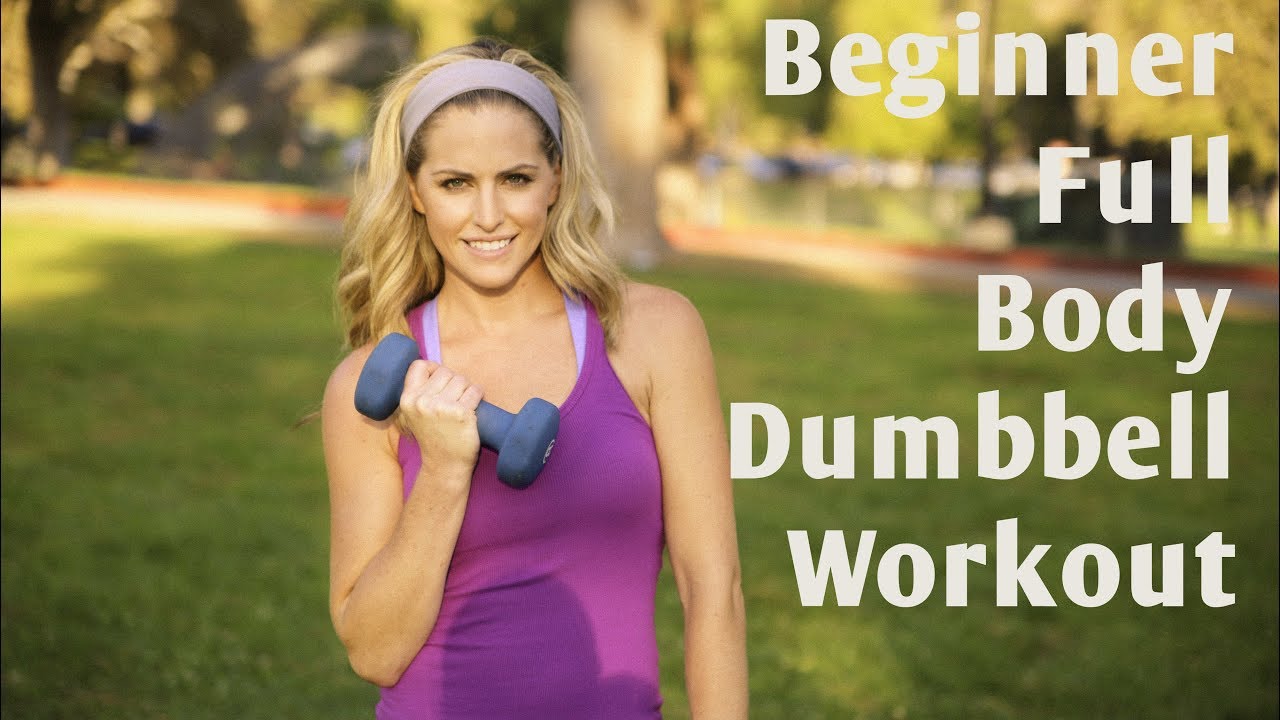
Working as a personal trainer is a wonderful way to meet people of all backgrounds and ages. Personal trainers can help people reach their fitness goals. Personal trainers can help clients reach their fitness goals and feel better by focusing on their health and fitness needs.
Work environment
Personal trainers have a wide range of work environments. They can be found in public gyms, private studios, and even private homes. Some personal trainers are able to work remotely from their homes with their clients. Others might work in a fitness center, country club, yoga studio, or other places. Personal trainers may also work in their own homes or hospitals. Personal trainers may require specialized skills depending upon the environment.
Many successful personal training professionals combine their passions for fitness and helping others. They are people-oriented, creative and disciplined. Personal trainer careers can be challenging, but they can also be rewarding and steady.
Your job duties
A personal training professional is someone who can create specialized programs for clients. They can help clients set goals and stay on them. They may also offer nutritional, weight training, and cardiovascular advice. This profession typically requires a personal trainer certification and 3-5 years of experience in a related field.

Personal trainers usually start out as employees at gyms. However, once they have established a client base they might choose to become a freelancer. Public liability insurance is required for freelancers. Employers might look for someone who is enthusiastic about helping others achieve their goals.
Training requirements
Personal trainers must have a variety of skills and expertise. They should be healthy and fit. Their daily tasks involve standing for long periods. They must be able and confident to communicate with others. You must know how to communicate with clients and manage a business.
You can choose from a number of certifications and training courses to become a personal trainee. The NCCA-accredited programs will increase your chances for a job at an corporate gym. While unaccredited courses are cheaper than accredited programs, many potential trainers choose accredited programs to receive a better education and be ready for the demands of their industry.
Earning potential
A variety of factors affect the earning potential for a personal trainer job, including where they live and how long they work. For new personal trainers, understanding how much they can earn and their potential growth will help them stay motivated. Below are some tips to help you increase your earning potential in personal training.
Additional certifications: Personal Trainers can pursue additional certification programs to ensure they have the best education and training possible in the fitness industry. To be more successful in the fitness industry, they will need to have additional credentials. This can help increase their earning potential. Some personal trainers specialize in particular areas of fitness such as weight loss or sports conditioning.

Employment growth
Personal trainers are seeing a rise in employment. The U.S. Bureau of Labor Statistics projects that there will soon be 24,000 new personal training professionals by 2020. This growth is much faster than the average national rate. Michigan's number of personal coaches will increase by 15.6%. This growth will bring about 188 jobs per annum.
Job growth is expected for this profession through 2026. There is a need for personal trainers because of the obesity epidemic that affects children and adolescents. There is a decreased demand for personal training in schools that offer physical education. Moreover, many school districts don't stay open for extended hours during the day, which gives personal trainers a great opportunity to find clients during mid-afternoon hours.
FAQ
What happens to me if I don’t sleep enough?
You can't get enough sleep and your brain will not be able to regulate hormones and chemicals responsible for controlling appetite and metabolism. As a result, you may overeat and gain weight. Overeating can also be caused by a lack of sleep.
Does exercise cause me to gain weight?
Not at all. Actually, exercising can help you to maintain your current weight. You can build muscle mass and speed up your metabolism by exercising regularly. This will mean that your body won't store as many calories.
Do I need warmth before I exercise?
Warming up prior to an activity helps reduce muscle soreness. It also improves performance. You can use several methods to warm up: walking, running, jumping rope, stretching, and cycling are just a few examples. Start slow and slowly increase your pace.
Can I eat while I'm exercising?
Yes. Yes. You can eat whatever you want while you exercise. Make sure you choose low-calorie snacks such as watermelon, carrots, celery, apples, bananas, and grapes. These foods contain nutrients that help you perform better during workouts.
Can I exercise after eating?
It depends on what type of exercise you're performing. Avoid strenuous exercise after meals as it can cause stomach cramps. Focus on light aerobic activities such as biking or brisk walking.
What is the significance of healthy nutrition?
Good nutrition is vital for our health. Healthy eating includes whole grains, fruits, vegetables, lean protein, dairy, and other healthy foods. Being active and eating healthy foods can help us be more fit, which results in better overall health.
Statistics
- One study showed that adults who watch more than 4 hours of television daily had an 80% higher risk of death from cardiovascular disease. (heart.org)
- Globally, 81% of adolescents aged 11-17 years were insufficiently physically active in 2016. (who.int)
- In 2018, the World Health Assembly agreed on a global target to reduce physical inactivity by 15% by 2030 and align with the Sustainable Development Goals. (who.int)
- In high-income countries, 26% of men and 35% of women were insufficiently physically active, as compared to 12% of men and 24% of women in low-income countries. (who.int)
External Links
How To
How to Lose Belly Fats More Fast
Belly Fat is usually seen as a problem when we want to lose weight. But if you think about it, Belly Fat is actually a good thing. Your organs are protected by the fat around your stomach. Let's look at how to rapidly lose belly fat.
The two main factors that make us store body fat are stress and lack of exercise. Because stress stimulates the release of cortisol hormone, it makes us hungry all the time. Cortisol increases insulin levels in our blood. Insulin then stores excess calories as fat. Insufficient sleep can lead to an increase in appetite and adrenaline release. Exercise helps to break down these extra calories.
There are many ways you can reduce belly fat. Depending on your budget, you can try each one. Here are some quick tips to get rid of belly weight.
-
Reduce your food intake. Instead of eating three large meals per day, try to eat smaller meals. This will help you consume less calories.
-
Drink plenty of fluids. Water flushes out toxins from your body and keeps you hydrated. Drinking water prior to every meal will ensure that you are satisfied for longer periods of time and won't eat too much.
-
Avoid snack foods that are unhealthy. If you're looking for quick fixes, snack foods like chips, cookies, candies, etc. Although tempting, they can be very unhealthy. These sweet treats can be tempting, but they are high in empty calories and sugar. Choose healthy options like whole grains, fruits, vegetables, nuts, seeds and nuts.
-
Strength training should be performed at least 3 times per week. Strength training increases muscle mass, which can help you burn more calories while still resting. It strengthens bones and muscles, ligaments, muscles, tendons, heart, lungs, as well as joints.
-
Walk or stretch regularly. Stretching helps to improve flexibility and mobility, which reduces back pain. Walking is great for burning calories.
-
Reduce alcohol intake. Avoid alcohol.
-
Slowly lose weight. First, determine your current weight. Calculate your ideal weight by adding approximately 5% to 10% of the total weight. Once you have determined your ideal weight, you can start to reduce your calorie intake by 500-1000 calories per day until you reach it.
-
Avoid processed foods. These foods contain high levels of sugar, salt, and preservatives. Even though they can be very convenient, these foods lack sufficient nutrients to support your health.
-
Don't skip breakfast! A good breakfast can improve concentration, memory, as well as energy level. Breakfast should include protein (like eggs), fiber (like oats), and complex carbohydrates (like oatmeal).
-
Have regular bowel movements. Constipation or irregularity can lead to gas and bloating. Drink plenty of water to prevent gas and fiber ingestion.